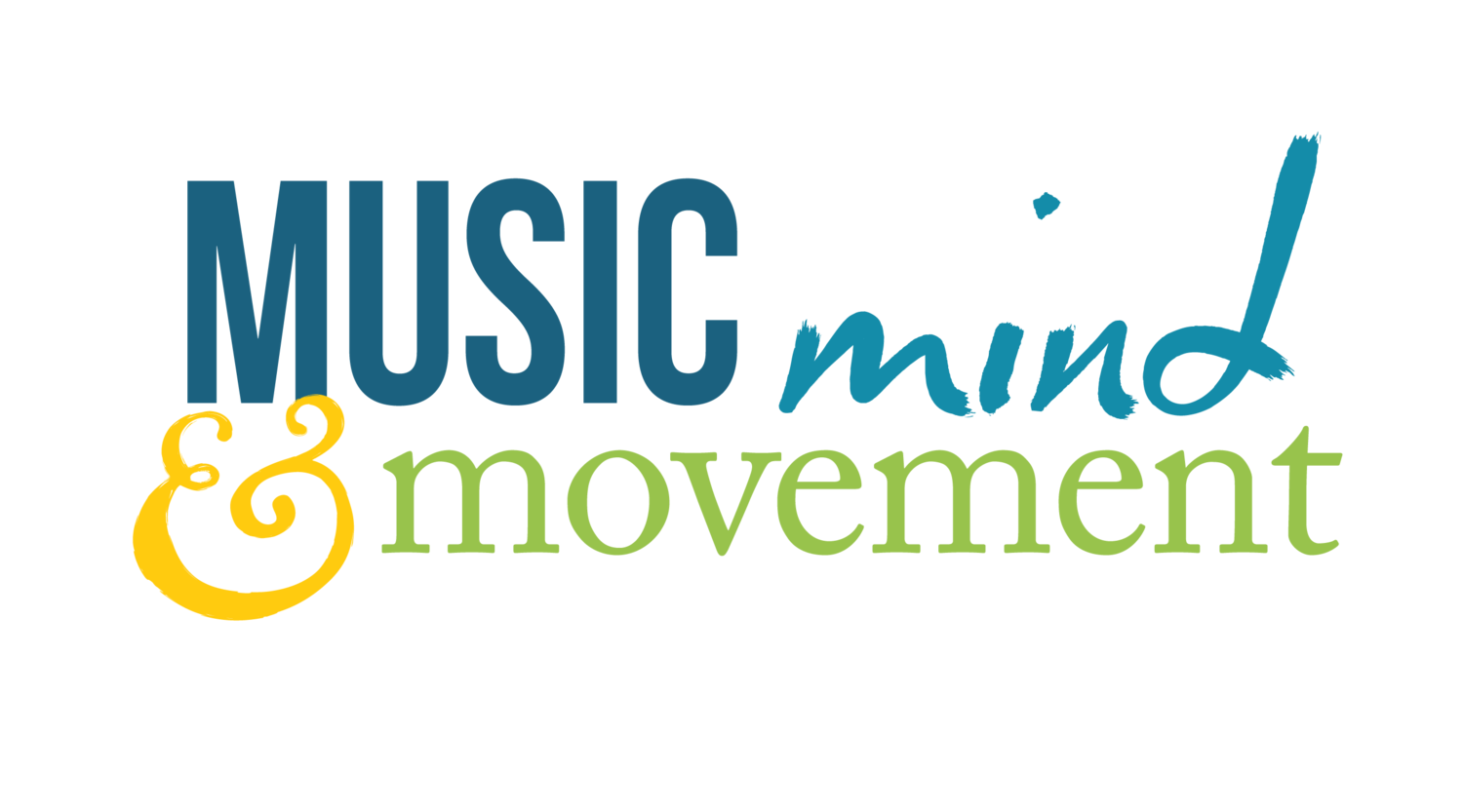The way our autonomic nervous systems assesses and respond to threat vs safety is highly individual and is conditioned by many factors including genetics, family dynamics, trauma history, experiences in educational systems, overall physical and mental health, social supports, etc., etc., etc. Another way of saying this is: Situations and events are not in themselves stressful (or not) or relaxing (or not); they are not threatening (or not) or safe (or not). It is the nervous system’s response to a situation or event that determines whether it is experienced as stressful, exciting, enlivening, relaxing, threatening, etc. One of the cool things about working with the nervous system is that we can learn to sense and, with practice, shift which how our own unique systems respond to experience. We can learn to give ourselves the support we need — and to be skilful about seeking support from others — to excel and meet our goals.
All tagged felt sense
Testing the Waters
It’s true: Getting in touch with what is really going on for you — the bodily sensations that usually fly under the radar, the thought patterns that repeat so faithfully that we take them to be who we are — can be overwhelming. And not just in a “How fascinating: I had no idea I was so judgemental!” kind of way, but in more of a “I literally feel like I am drowning/I think meditation might be causing a panic attack” kind of way.
If this is you, fear not. You aren’t broken or doing it wrong. You’re not “too stressed to meditate” or doomed to remain at a distance from your embodied experience. But, your nervous system might, for any number of reasons, be on high alert and you may have to begin by taking a “touch and go” approach.
The Window of Tolerance in Practice and Performance
My take is that our playing would get better faster AND we’d be happier, if we got into our windows of tolerance first, and then practiced. In other words, rather than thinking of being in our window as the reward for having accomplished something, we can think of being in our window — feeling alert, grounded, focused, energized, calm — as a pre-condition for accomplishing something.
Interoception, Resilience, and the Window of Tolerance
I use a Window of Tolerance model as a framework for understanding self-regulation. The term “Window of Tolerance” was coined by Dan Siegel (Siegel, 1999) to describe the zone of arousal in which we can handle stressors with relative ease and resilience. When we are operating within our window, it’s not that we don’t experience stress or elevated arousal but that, when we do, we have a feeling of “I’ve got this.” We are able to mobilize the energy and focus we need to complete the task or deal with the stressor in front of us — whether that’s giving a recital performance or simply working through a tough passage in a piece — and then quickly and smoothly return to a state of ease and equilibrium.




